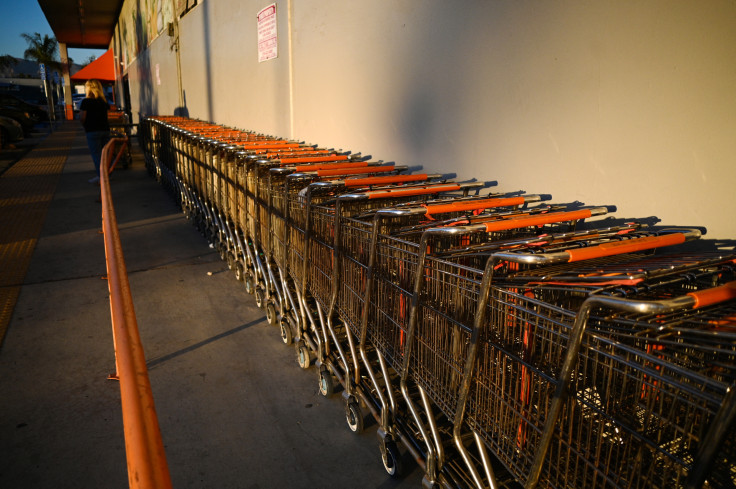
President-elect Donald Trump announced this week he would impose a 25% tariffs on goods imported from Mexico and Canada. Experts warn the tariffs could have devastating effects on the border region.
Trump made the threats Monday in a series of posts on his Truth Social site in which he highlighted an increased wave of migrants crossing the border into the U.S. illegally, even though southern border apprehensions have dramatically decreased throughout 2024.
"On January 20th, as one of my many first Executive Orders, I will sign all necessary documents to charge Mexico and Canada a 25% Tariff on ALL products coming into the United States, and its ridiculous Open Borders," he wrote, complaining that "thousands of people are pouring through Mexico and Canada, bringing Crime and Drugs at levels never seen before," even though violent crime is down from pandemic highs, according to The Associated Press.
He said the new tariffs would remain in place "until such time as Drugs, in particular Fentanyl, and all Illegal Aliens stop this Invasion of our Country!"
"Both Mexico and Canada have the absolute right and power to easily solve this long simmering problem, we hereby demand that they use this power," he went on, "and until such time that they do, it is time for them to pay a very big price!"
Mexico, China and Canada are the U.S.'s largest trade partners, and tariffs would likely disrupt the economies of all three countries by crippling exchange among auto and electric manufacturers, which ship goods at various stages of production across borders to take advantage of each country's unique production strengths, according to Texas Tribune.
Economists say that these consequences will end up falling on the backs of consumers, who will experience higher prices and a decrease in the number of jobs in the manufacturing and warehousing sectors.
"When we mess with trade relationships, we kind of shoot ourselves in our own foot," said Jesus Cañas, senior business economist for the Federal Reserve Bank of Dallas. "If firms have to pay 25% more, they won't take that out of their profits, they'll just pass that on to us."
In the U.S., Texas would be one of the states that would experience these impacts the most, based on the amount of trade the state conducts with Mexico. Along the U.S.-Mexico border, from Laredo to El Paso, free trade has fueled job growth and improved the standard of living for residents, Texas Tribune reports.
"The biggest impacts are going to be felt by the manufacturing companies, transportation companies and warehousing companies," said Tom Fullerton, an economics professor at the University of Texas at El Paso. "We could end up with a repeat of the 1930s with the Smoot-Hawley Tariff Act," which created a trade war and contributed to the Great Depression.
A senior Canadian government official said Prime Minister Justin Trudeau and Trump spoke after Trump's posts. The two spoke about the border and trade and had a good conversation, the official said. The official was not authorized to speak publicly about the matter and spoke on condition of anonymity.
As per Mexico, President Claudia Sheinbaum suggested that the country could retaliate with tariffs of its own. She also suggested that she would be open to talk to Trump on these issues, but said that drugs were a U.S. problem.
"One tariff would be followed by another in response, and so on until we put at risk common businesses," Sheinbaum said, referring to U.S. automakers that have plants on both sides of the border.
© 2025 Latin Times. All rights reserved. Do not reproduce without permission.




